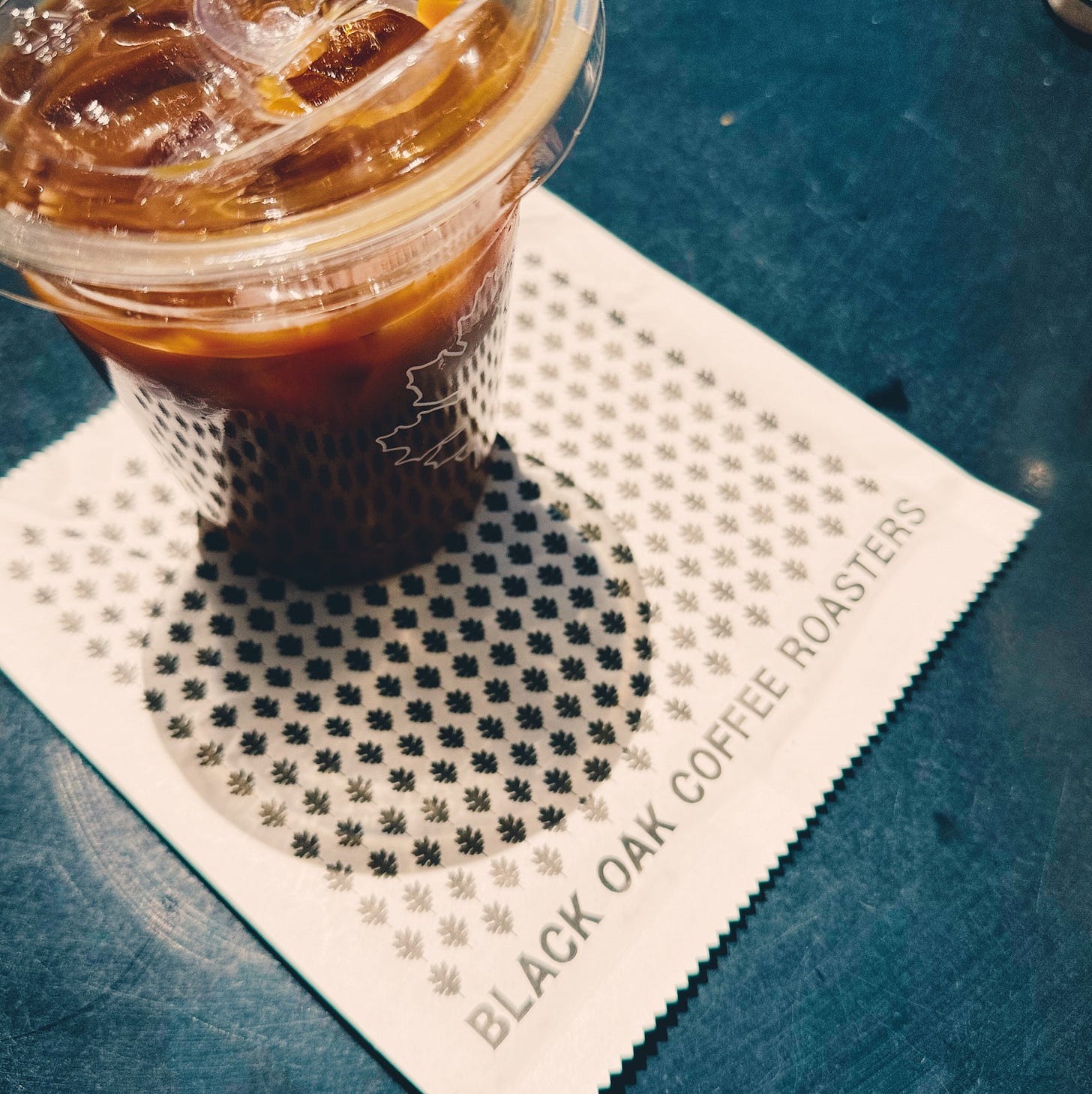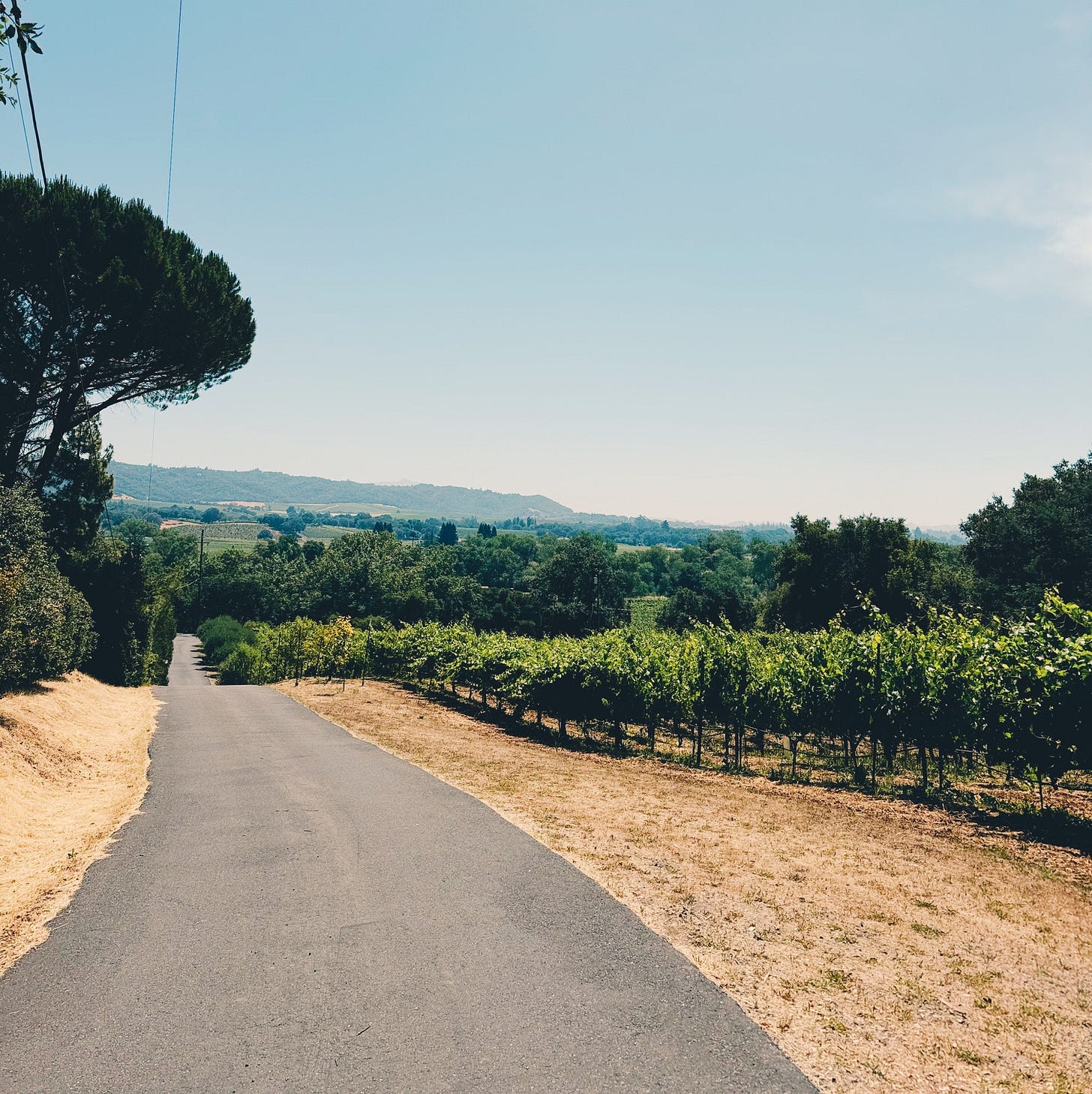I went to a class not long ago called Movement + Writing. It was a beautiful workshop, held in a barn in the middle of an apple orchard, in one of these arts-centered, northern California communities. We did some free dance, if you could call it that, stretching and turning our bodies in the morning light. Then, as about ten of us sat in a circle, the woman in charge, all softness from her clothes to her voice to her spirit, shared that the theme of the class was the word broken. She brought out a large ceramic bowl, or what used to be a bowl but was now split down the center. The two halves set before her, she prompted us to write about broken things. But already, as soon as she had said the word, my brain buzzed like a timer going off in the past, relocating me to my years in evangelicalism when the word broken was always used to describe people, not things.
When we name a thing broken, we’re stating that the thing is no longer how it should be, that the broken state is inferior to its design, and that the brokenness is erroneous, unacceptable. The assumption is that broken things shouldn’t stay broken. Fixed is the preferred state. Fixed means the thing is useable. Glue the two halves together, and the bowl can hold your oranges again. Fixed means worthy of keeping. Things that stay broken get placed in unmarked cardboard boxes and left on the curb.
Within religion, the dead end that I didn’t see for so long is that when you name a person Broken, you are implying they are inferior, erroneous, unacceptable. Fixed is the preferred state. Fixed means they are useful and worthy of keeping. In hindsight, I remember how we sometimes disguised the standard of fixed by using the word healed. Mind you, most of the time, fixed was what was meant by healed which made it confusing. The dead giveaway is in the language: healed is not the opposite of broken. Healed is the opposite of sick.
Broken is for clocks and coffee mugs and your car’s air conditioning. To name a person Broken is to strip them of humanity, rob them of earthy, bodily experiences, and shame them into the margins. We don’t say the broken clock needs healing. We don’t take the car to a doctor. It is the sick who need a doctor. I don’t use the word sin anymore, but surely there are things called sin that are true sickness. Addiction easily falls under that category, as do things like violence, hatred, greed. No one would suggest we leave sick people untreated. I still believe God is a healer. So are medicine, community, and therapy. To more clearly tease out the difference, we want to fix broken things; we want to heal sick people.
If you’ve ever embraced someone who’s been given the label Broken, then you know it earns you scrutiny. You might be placed in the same box by association. When a collective, cultural energy is spent on sorting people into boxes rather than tending to their wounds within a safe and sweeping view of the human story, a community will splinter and grow hierarchical. Love can’t make a home here.
In my evangelical church, it was at times even cool to name yourself Broken. It’s a false humility, a kind of game because you feel you possess the cosmic superglue. There are so many reasons it’s a word I don’t use anymore when it comes to people and hearts. When I learned it was the theme of the movement and writing class, I bristled a bit. These are the words and the poem that I jotted in the notebook I brought.
What if no one is broken and everyone is traumatized? What if every disastrous act and violation has a backstory. It may be grievous, even dark. I believe in evil. But not brokenness. We are a collective of sufferers, and we heal side by side.
On Breaking
I snapped the last
rib holding
our marriage up because
the whole of it was
bending forward onto me
almost crushed me and
so I had to. I am
not sorry.
I was sitting on the
avocado green coverlet
when I said I wasn’t
going anywhere but
I broke that
promise. I am
sorry.
The glass carafe fell
off the shelf and
then a woman from
eBay taught me
broken things could
be restored. There are
still a few
miracles left.
My heart, it never
broke.
Shredded, beaten,
betrayed, yes a
thousand times, but it was
never hard enough
to break. Who can break
a sea anemone,
a dripping black
plum, who can break
a peony after
it’s been soaked in
sun?
You were too soft, too fleshy to ever be broken. I’m sorry for the ways your wounds were missed, that someone tried to fix you instead of taking the time to tend to your hurts. There is no broken person among us. Only the sick, only the wounded.
And therefore, if we are to be loving people, we must be far more medic than mechanic.
You are the Beloved,
Leslie
< comments & shares mean the world > see the little tabs below to do that >









“Never hard enough to break” is a miraculous, beautiful thing.
LESLIE. THIS POEM.